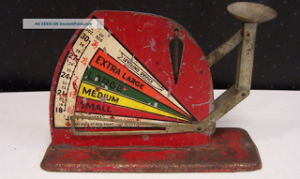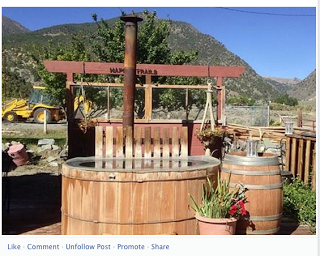Exploring the potential damage that social media can cause; promoting unrealistic representations of daily life and encouraging us all to make unhealthy comparisons with our internal experience.
It was only a few years ago that the idea that Facebook and other social networking sites could diminish happiness or affect wellbeing was still a relatively new one. Now there seems to be an article or news story claiming something similar every other week.
Is social networking good for your mental health?

Mind recently published a blog from one of their Elefriends community members – ‘Is social networking good for your mental health’. It inspired an interesting debate on twitter which they collected together on Storify. As expected, there were tweets from people who found social media a lifeline, the only contact with the outside world, a supportive community of people who understood. Fabio Zuchelli writes a great post about the how Twitter can help when you’re depressed.
 On the negative side of the debate were others who found trolls and haters bullied or upset them. And finally, most interesting for me, were the people who found social media difficult because of the comparisons it (almost) forces them to make.
On the negative side of the debate were others who found trolls and haters bullied or upset them. And finally, most interesting for me, were the people who found social media difficult because of the comparisons it (almost) forces them to make.
Making comparisons with others
The Mindfulness Based Cognitive Therapy for Depression course I completed last year (and blog about here) explored the damaging impact that making comparisons between our own experiences and how we think our experiences should be. Since then I’ve been reading the second edition of Segal, Williams and Teasdale’s book of the course. I’ve found it includes an even greater emphasis on the comparisons we make.
Rumination and the discrepancy monitor (the what?!)
They even have a name for it. The discrepancy monitor. The discrepancy monitor is described as a process that continually monitors and evaluates our self and our current situation against a gold standard – our idea of what is desired, required or expected. This is often the root cause of that rumination we find ourselves doing on automatic pilot much of the time.
If we stop and listen to our automatic internal monologue most of us will admit that it probably sounds something like this……
I shouldn’t be feeling this tired… I should have got an early night…. Now I’m going to be useless all day… Why am I feeling this way AGAIN….I should be able to manage this… What if things are always this way….I don’t feel like talking to my friends right now but I know I really should do….Oh I should have answered my phone just then… Everyone else seems to manage fine… I shouldn’t have eaten that cake last night…. and on and on and ON.
We dwell on current moods and feelings, past events and all the things that will happen if things don’t change. We find mismatches between how we are and how we feel we ‘should’ be. We try and reduce these discrepancies but can’t work out how to. Ruminating make our mood more negative. The discrepancy monitor goes into overdrive and we spiral miserably down.
Mindfulness helps us to recognise when we are trying to solve moods or feelings through thinking and change our mental gears and approaching how we feel in a different way. If the above sounds like you I’d take a look into it. BeMindful is a good place to start. But this is going on in many of our heads anyway. What happens when we bring social media into the mix?
The discrepancy monitor and Facebook
This is often a recipe for disaster. We might not mean to (although perhaps many people do) but Facebook profiles are often wildly unrealistic impressions of the realities of life. I use Facebook as an example because I think it is the most pernicious of the lot. It’s designed to portray the story of you and your life as a whole and gives you a fantastic canvas for only telling half the story – the better half. Facebook is full of fuel for the discrepancy monitor. This is especially true if you just scroll through the newsfeed and take peoples posts as their reality.
Actually the journey made me anxious, the hot tub made me itchy and I nearly lost my passport while I had PMT.
I’m so aware of this now that I feel slightly awkward posting holiday photos on Facebook. I  know that there are lots of people I’m friends with who know me well, who understand I’m just wanting to share the best parts of a truly great experience and would like to see the pictures. But I can’t help but make sure I humanise them, to add in some more of the little details and make sure that those who see them know it isn’t all perfection. Because otherwise I might fuel their comparisons and start them off…
know that there are lots of people I’m friends with who know me well, who understand I’m just wanting to share the best parts of a truly great experience and would like to see the pictures. But I can’t help but make sure I humanise them, to add in some more of the little details and make sure that those who see them know it isn’t all perfection. Because otherwise I might fuel their comparisons and start them off…
“when I went on holiday it wasn’t that great… I actually felt weirdly low sometimes…Everyone else has wonderful holidays so why don’t I?… Whats wrong with me?”
So, like the Mind blog above, I say be careful. There’s loads of wonderful uses for social media and I’m an enormous fan of online support and communities. But make sure you use them for engagement, conversation and support and not just for making comparisons and giving your mind even more to ruminate on. It does enough of that by itself!
This post is also published on Everyday Mindfulness.

1 thought on “Social media, mental health and mindfulness”